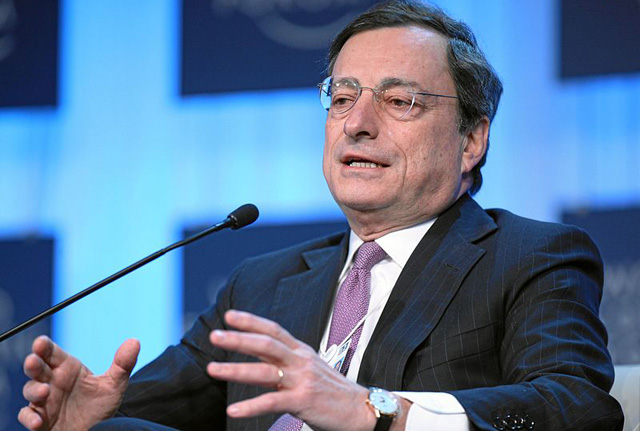
The best commentary came from the Spanish daily Expansión. They gave us nine pages on Draghi’s measures and a headline from a statement made by Francisco González, president of BBVA: “The ECB cannot fix [all] the problems ” (note – I added the “all” to that statement). Draghi was already talking, a few months ago, of measures that needed to be taken in three different areas: Monetary policy (him), fiscal policy (the national governments and the European Commission) and structural reforms (national governments).
- Dangerous decisions. They have focused on driving monetary stimulus to the limit, when what they really should have been doing was taking action on other fronts. It’s the same as saying: If the already-large dose of medicine doesn’t completely cure the patient, let’s increase the dose. But is this always the right course of action?
- The ECB has done the one thing we expected, and the one thing it could do better: It has not explored alternative medicines that might have done the patient some good. Further down the road, the patient might well accuse them of not doing everything they could have.
- The markets have approved the measures. No surprise there. Mass purchase of debt is music to the ears of any lender (banks, funds, etc.)
- The measure has resulted in a depreciated euro. This is good for exporters and it’s good for all economies . But it’s quite different from the definitive solution, which is relaunching national economies.
- Interest rates on bonds will continue to drop, and perhaps even dip into negative territory. But this has already been going on for some time. The hope is that bondholders will react by buying other assets with higher risk; lending to companies, for instance. The banks have not been doing enough of this in the recent past: Will other financial institutions take up the reins? And do European companies, especially small and medium-sized enterprises, have easy access to markets, in countries that, up until now, have depended almost entirely on banks?


